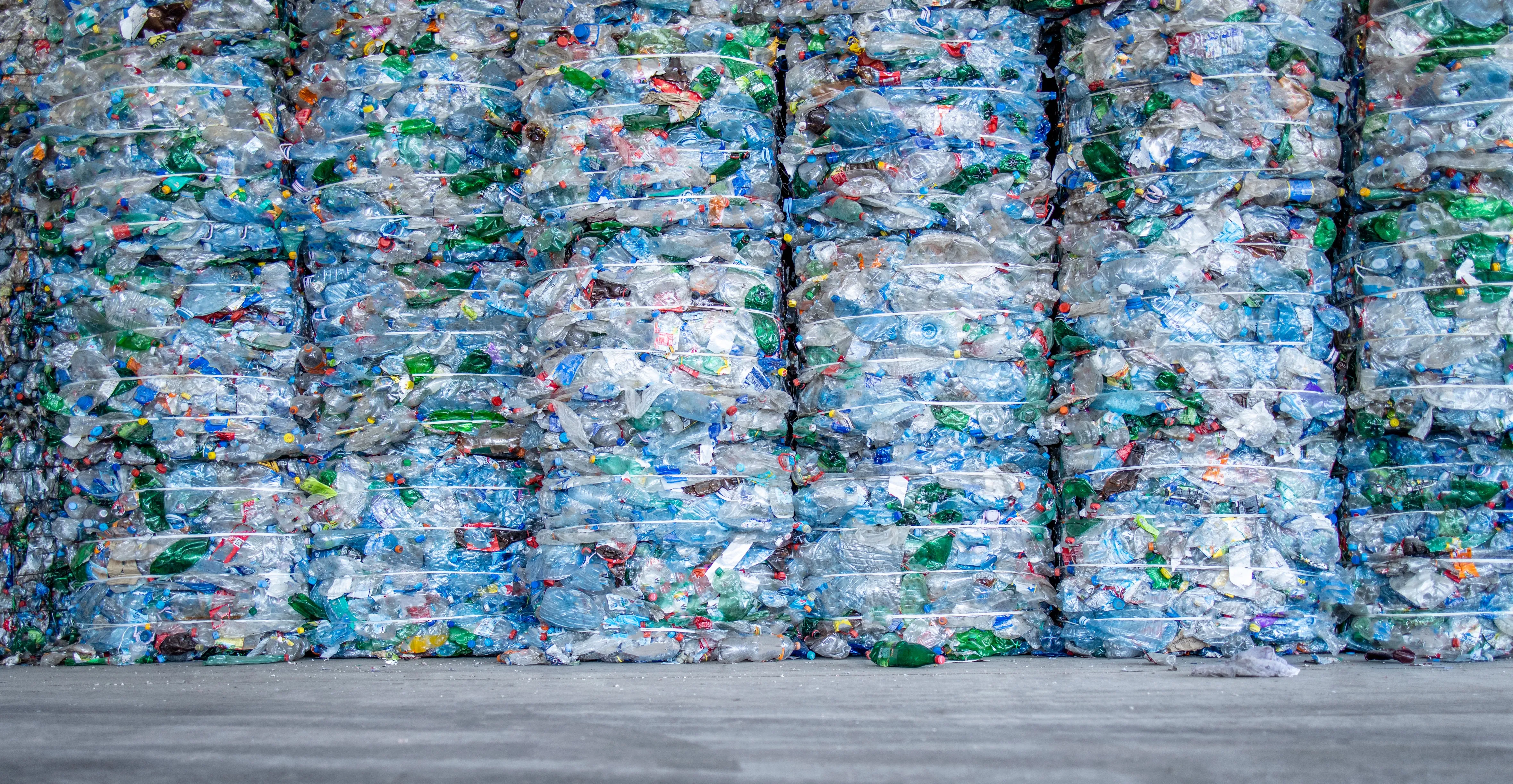
Plastics are everywhere in modern life, but they create major environmental problems—from the fossil fuels used to make them to waste that persists for centuries in oceans and landfills.
Plastic products account for roughly 3.4% of global greenhouse gas emissions, and without major changes, emissions from the plastic lifecycle could double by 2060.
Biopolymers—derived from natural sources and designed to degrade safely—offer a promising alternative, but finding materials with the right combination of strength, clarity and moisture resistance is slow and labor-intensive.
A new $2 million National Science Foundation (NSF) grant is supporting a University of Maryland project that’s using AI to accelerate the discovery of sustainable, biodegradable polymers—materials that could help reduce pollution and other environmental impacts from the global plastics industry.
Sanghamitra Dutta, an assistant professor of electrical and computer engineering with an affiliate appointment in the University of Maryland Institute for Advanced Computer Studies, is serving as a co-principal investigator on the project.
Dutta will advance interpretable AI for material science, including “what-if” counterfactual explanation methods, to guide the discovery of new biopolymers. Her work translates foundational research in ethical and interpretable machine learning into practical tools that can preemptively identify promising polymer candidates.
“This project is an important leap towards a new real-world application of interpretability that will enable rapid discovery of new biopolymers and promote a sustainable future,” says Dutta, who is a member of the University of Maryland Center for Machine Learning.
Her approach, combined with multiscale simulations and high-throughput robotics, will allow the team to identify promising candidates before costly lab testing.
Pasan Dissanayake, a fourth-year electrical and computer engineering doctoral student and a recipient of UMD’s Outstanding Graduate Assistant Award, is supporting Dutta in the NSF-funded research.
The project is being led by UMD’s Po-Yen Chen, an assistant professor of chemical and biomolecular engineering; in collaboration with Teng Li, a professor of mechanical engineering; with additional contributions coming from researchers at Iowa State University. The team’s work was jumpstarted by a team project grant from the University of Maryland Grand Challenges Grants program.
Together, they will integrate AI, simulation, and robotics into a system that can design and evaluate biopolymer nanocomposites with programmable properties—streamlining the path from computational prediction to experimental validation.
Harnessing the power of AI, the team aims to accelerate the development of high-performance, environmentally friendly materials. Their work addresses pressing environmental challenges and shows how interpretable AI can guide real-world scientific discovery—creating tools and knowledge that could benefit industries from packaging to healthcare.
Ultimately, the project seeks to advance sustainable materials research while providing an open, accessible foundation for future innovation and demonstrating how responsibly used AI can help tackle one of the planet’s most urgent environmental issues.
—Story by Melissa Brachfeld, UMIACS communications group